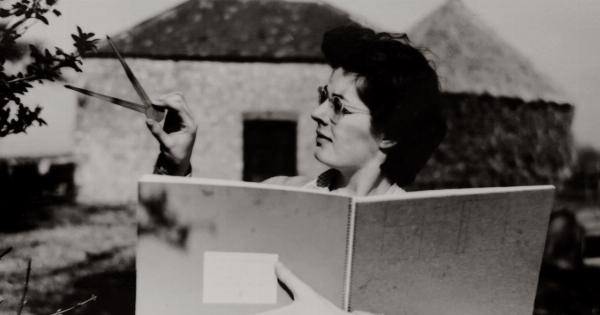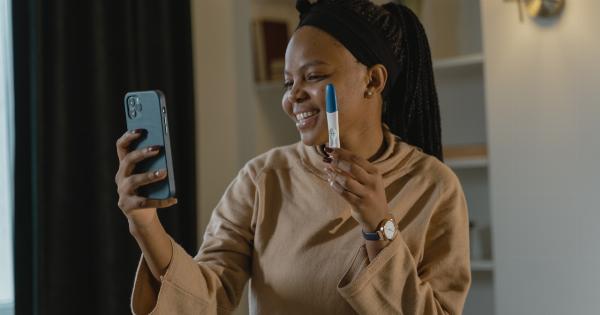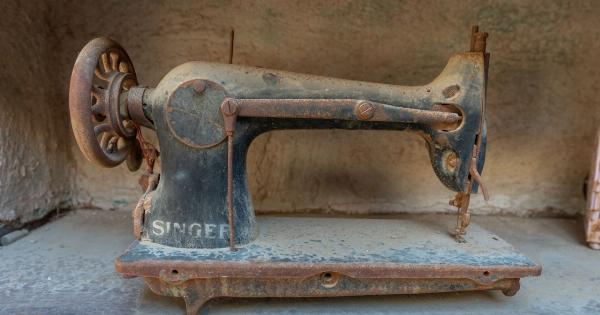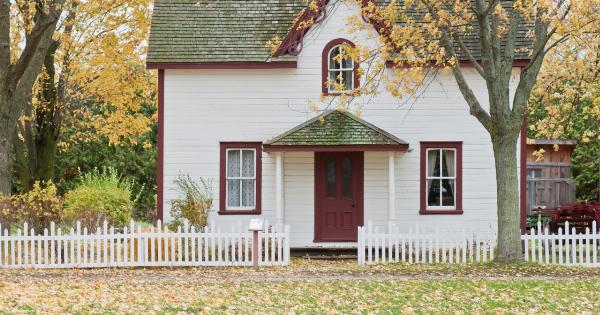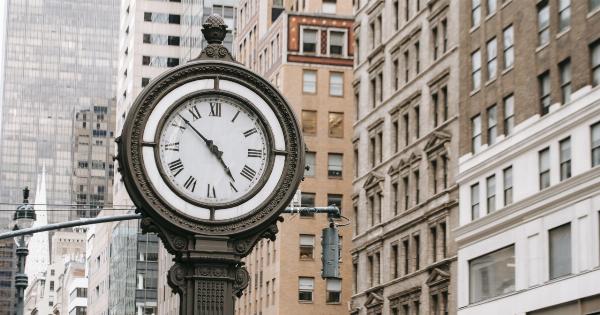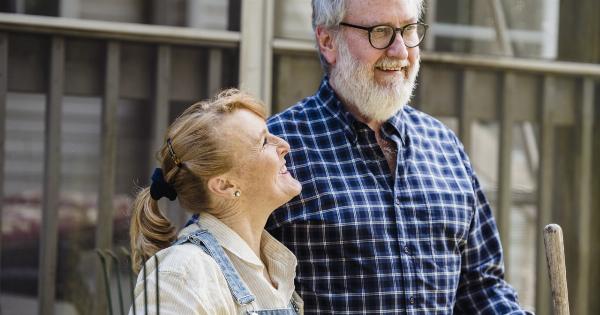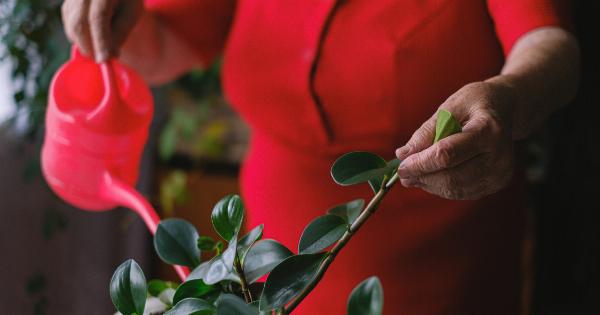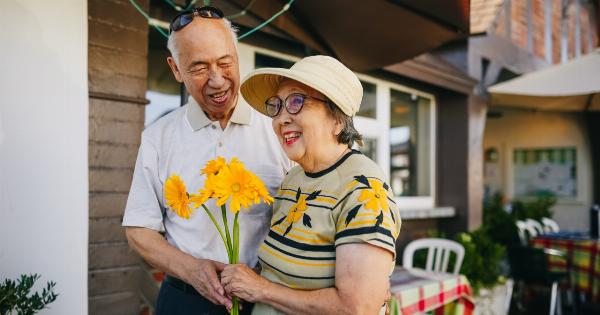Age is just a number, or so they say. But how old do you actually feel? Studies have shown that our perception of age can have a significant impact on our health, happiness, and even life expectancy. So, what age do you perceive yourself to be?.
The Physical Age
The first and most obvious answer to this question is your physical age – that is, the number of years you have been alive.
Your chronological age is a critical factor in your life, determining your eligibility for education, work, and retirement benefits. But how old do you think you look?.
As we get older, our bodies start to show signs of aging, such as wrinkles, grey hair, and joint pains. These physical changes can influence our self-perception, making us feel older than we actually are.
On the other hand, some people seem to defy aging, looking and feeling younger than their years.
The Mental Age
Your mental age is a measure of your cognitive abilities, such as memory, reasoning, and problem-solving skills. It reflects your cognitive development and can be influenced by various factors, such as education, genetics, and lifestyle.
Some people may feel older or younger than their physical age based on their cognitive abilities.
For example, a person who excels in their career or hobbies and has a sharp mind may feel younger than someone who struggles with mental tasks due to cognitive decline or other health issues.
The Emotional Age
Emotional age is a measure of our emotional intelligence, which encompasses our ability to regulate our emotions, empathize with others and understand social norms. It can be influenced by our upbringing, life experiences, and personality traits.
Some people may perceive themselves to be older or younger based on their emotional maturity. For example, a person who is calm, patient, and resilient may feel older than someone who is impulsive, moody, and easily overwhelmed by stress.
The Social Age
Our social age is a measure of our social interactions and how we fit into society. It can be influenced by our social skills, relationships, and cultural background.
Some people may feel older or younger based on their social status or role in society. For example, a successful businessperson who has many social connections and a high profile may feel older than someone who is socially isolated or marginalized.
The Biological Age
Biological age is a measure of how well our bodies are functioning compared to the average person of our chronological age. It can be influenced by various lifestyle factors, such as diet, exercise, stress, and sleep habits.
Some people may feel younger or older based on their biological age. For example, a person who is physically fit, healthy, and energetic may feel younger than someone who is overweight, sedentary, and prone to illness.
The Spiritual Age
Spiritual age is a measure of our inner growth and awareness, reflecting our connection to the divine or higher power. It can be influenced by our beliefs, values, and spiritual practices.
Some people may feel older or younger based on their spiritual age. For example, a person who has a strong sense of purpose, meaning, and interconnectedness with the world may feel older than someone who is lost or searching for meaning.
The Ideal Age
Finally, there is the ideal age – the age that we aspire to be, or that we feel would be the perfect balance of youth and experience. This age can be influenced by our aspirations, cultural norms, and personal preferences.
Some people may feel older or younger based on their ideal age. For example, a person who loves adventure, novelty, and excitement may feel younger than someone who values stability, predictability, and routine.
Conclusion
So, what age do you perceive yourself to be? As we have seen, there are many factors that can influence our self-perception and make us feel older or younger than our chronological age.
Knowing how we feel about our own age can help us make better choices about our health, happiness, and life goals.






